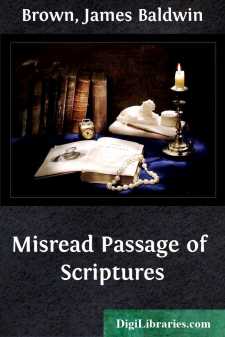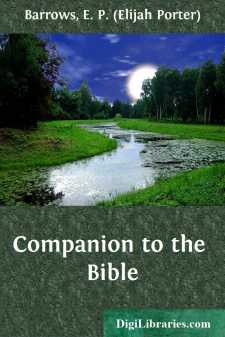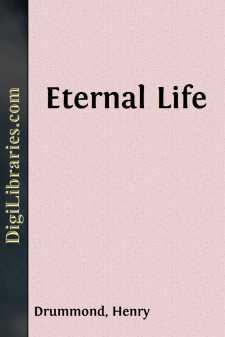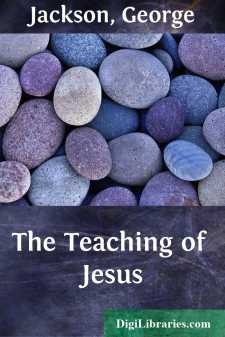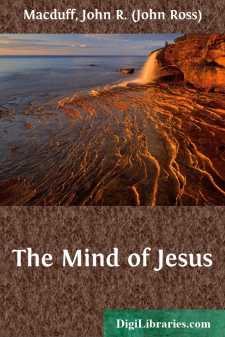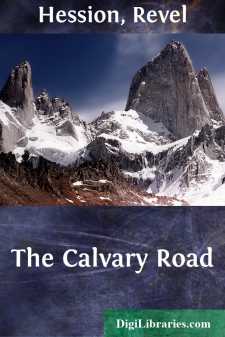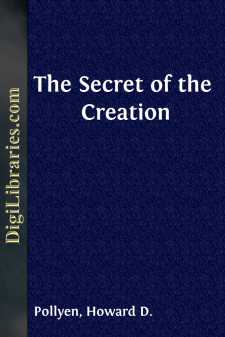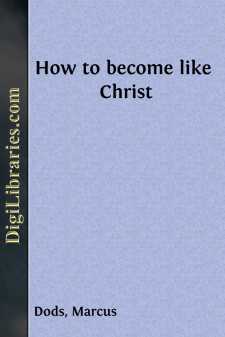Categories
- Antiques & Collectibles 13
- Architecture 36
- Art 48
- Bibles 22
- Biography & Autobiography 813
- Body, Mind & Spirit 142
- Business & Economics 28
- Children's Books 17
- Children's Fiction 14
- Computers 4
- Cooking 94
- Crafts & Hobbies 4
- Drama 346
- Education 46
- Family & Relationships 57
- Fiction 11829
- Games 19
- Gardening 17
- Health & Fitness 34
- History 1377
- House & Home 1
- Humor 147
- Juvenile Fiction 1873
- Juvenile Nonfiction 202
- Language Arts & Disciplines 88
- Law 16
- Literary Collections 686
- Literary Criticism 179
- Mathematics 13
- Medical 41
- Music 40
- Nature 179
- Non-Classifiable 1768
- Performing Arts 7
- Periodicals 1453
- Philosophy 64
- Photography 2
- Poetry 896
- Political Science 203
- Psychology 42
- Reference 154
- Religion 513
- Science 126
- Self-Help 84
- Social Science 81
- Sports & Recreation 34
- Study Aids 3
- Technology & Engineering 59
- Transportation 23
- Travel 463
- True Crime 29
Misread Passage of Scriptures
Description:
Excerpt
I.
THE KINGDOM OF CHRIST.
"My kingdom is not of this world."—Johnxviii. 36.Perhaps there is no passage of Scripture more constantly misunderstood than these simple words; and certainly there is no misunderstanding of Scripture which has exercised a more detrimental influence on the life and development of the church. The whole passage contains the very marrow of the doctrine of Christ concerning His kingdom. It is the basis of its constitution. To this, its subjects have rightly looked in all ages for instruction as to its fundamental spirit, principles, and aims. Words more solemn, more pregnant, were never spoken in this world, in this universe, than these. They were spoken at the very crisis of universal destinies. They form the dividing line between the two eternities. From eternity all things had been working towards that hour—the consummation of the incarnation; and to eternity the influence of that hour would go forth, remoulding, regenerating all the worlds. Beyond any words that have ever been spoken, these words are worthy of intense and reverent attention. They are the words with which the Son of God passed on to the cross, that He might pass up to the throne.
The two kings stood there in presence. The representative of the king of this world, who wielded all its force and guided all its movements, the man who had but to nod and the whole civilized world trembled and obeyed; and a King, the elements of whose kingship few could discern, who wielded a strange power and produced a deep impression that He had a right to rule over men, but who wore no signs of royalty and laid no claim to the possession of this world's thrones. Nay, a kingdom had been forced on Him, and He escaped as from a deadly danger from the homage of His subjects, while He spake to them such searching spiritual words that they conceived a great dread of His kingly commands and claims. He bade them begin to rule themselves when they were dreaming of a splendid rule over the gentiles; and He turned inwards on the inner obliquity, foulness, and deformity, those eyes which were watching eagerly for the signs of an approaching advent of a glorious, celestial imperator to the world. Jesus looked on Pilate's kingship, and fathomed it perfectly. He knew from whence the power sprang, and by what springs it was fed, which seated Pilate's master on the world's imperial throne. Pilate found the royalty of Jesus unfathomable; none of his worldly experiences helped him to understand it. Art Thou a king then, poor, worn, tear-stained Outcast, forsaken of every subject, of every friend, in the hour of Thy bitter need? And yet the nascent smile of scorn was checked by something which cast a spell even on that worn-out profligate's heart. That lonely wasted Man there had that about Him which made the representative of the world's master afraid. It seemed mere idle talk to a man like Pilate: "a kingdom not of this world;" "witnessing to truth;" "disciples of the truth:" it was all childish to the trained intellect of this experienced ruler; and yet there seemed to be some power beyond the grasp of his intellect, which something within him recognised, and which might create and rule a kingdom after a fashion which till then had never even crossed his dreams. But to him the mystery remained insoluble. He wrote a title to which his instinct gave a reality that his intellect denied, "Jesus of Nazareth, King of the Jews." And here in this passage we have the Lord's own declaration of the constitution and aims of His kingdom; the kingdom which, from that hour, has been the ruling element in the history of this world, and, as we learn from the Apocalypse, of all the worlds of the great universe of God. And men persistently misread it as they misread Him, and employ His words as they employed His works, to frustrate the purpose for which He entered into the world.
Let us see how the misunderstanding of these words arose.
"My kingdom is not of this world:" literally "not from," originally "out of" this world. A clear understanding of the full force of this will give us the clue to the interpretation of our Lord's words. There is an old sense of the preposition "of," which closely corresponds with the full sense of the word employed in the Greek, expressing "out of," "springing from." But "of," like other words and other things, in the course of time has got weakened by the wear and tear of life; and the sense "belonging to," "connected with," is its natural suggestion to modern ears; whereby the sense of our Lord's words has been grievously weakened too....


